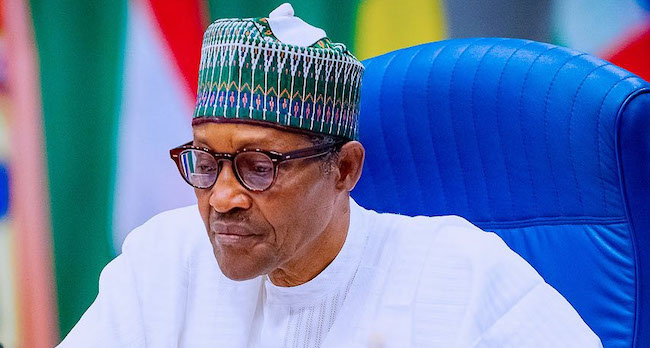Business
President Buhari wants FIRS to tax digital transactions, as Nigeria’s debt gulps 97% of revenue

The Federal Inland Revenue Service (FIRS) has been directed to tax digital transactions across Nigeria, as President Muhammadu Buhari looks to improve FG’s poor revenue generation.
President Buhari’s administration has been claiming it has revenue problem, and in the past three years, has been finding ways to expand the tax bracket in Nigeria.
FG has been championing the campaign to tax digital economy, which includes social media platforms; Facebook, Twitter, YouTube and other digital company with significant economic presence in the country, to increase revenue.
In 2020, BudgIT, a government budget tracking firm, reported that 97 percent of Nigerian government’s total revenue was spent on debt servicing, which gulped N3.34 trillion from the N3.42 trillion revenue generated.
Government considering taxable individuals and businesses
In a recent development, the Secretary to the Government of the Federation (SGF) Boss Mustapha, said President Buhari directed the deployment of technology that will enable the FIRS tax digital transactions as well.
He made this comment in Abuja, during the 17th general assembly and 10th anniversary of the West Africa Tax Administration Forum (WATAF) on Tuesday.
Read also: FIRS denies plans to tax social media businesses
Mustapha said the government has been considering businesses to tax in the digital economy, and how to collect the tax, “Therefore, our definition of what to collect- whether we call it income tax, Digital Service Tax or Value Added Tax, must address the issue of redefining who a taxable person or entity is, to accommodate the fact that digital transactions side-track the ordinary and traditional understanding of jurisdiction.”
FIRS’ Nami looking to milk digital innovations
The Executive Chairman of the FIRS, Mohammed Nami, said digital economy is one without borders, and the tax agency is going in to generate revenue from technology advancements.
He said trade and commerce within the digital economy transcends the natural geographical delineations, so tax regulators must rise up to the challenge of milking from the innovations of technology.
“In terms of tax administration, the only way that this can possibly be done with any accuracy and effectiveness is if it is done digitally, since the commercial activity itself is also done digitally.
“Tax regulators and other industry stakeholders must therefore rise up to the challenge of being in a position to tap into the stream of opportunity that advancements in science and technology afford us.” Nami said during the event.
Join the conversation
Support Ripples Nigeria, hold up solutions journalism
Balanced, fearless journalism driven by data comes at huge financial costs.
As a media platform, we hold leadership accountable and will not trade the right to press freedom and free speech for a piece of cake.
If you like what we do, and are ready to uphold solutions journalism, kindly donate to the Ripples Nigeria cause.
Your support would help to ensure that citizens and institutions continue to have free access to credible and reliable information for societal development.
























